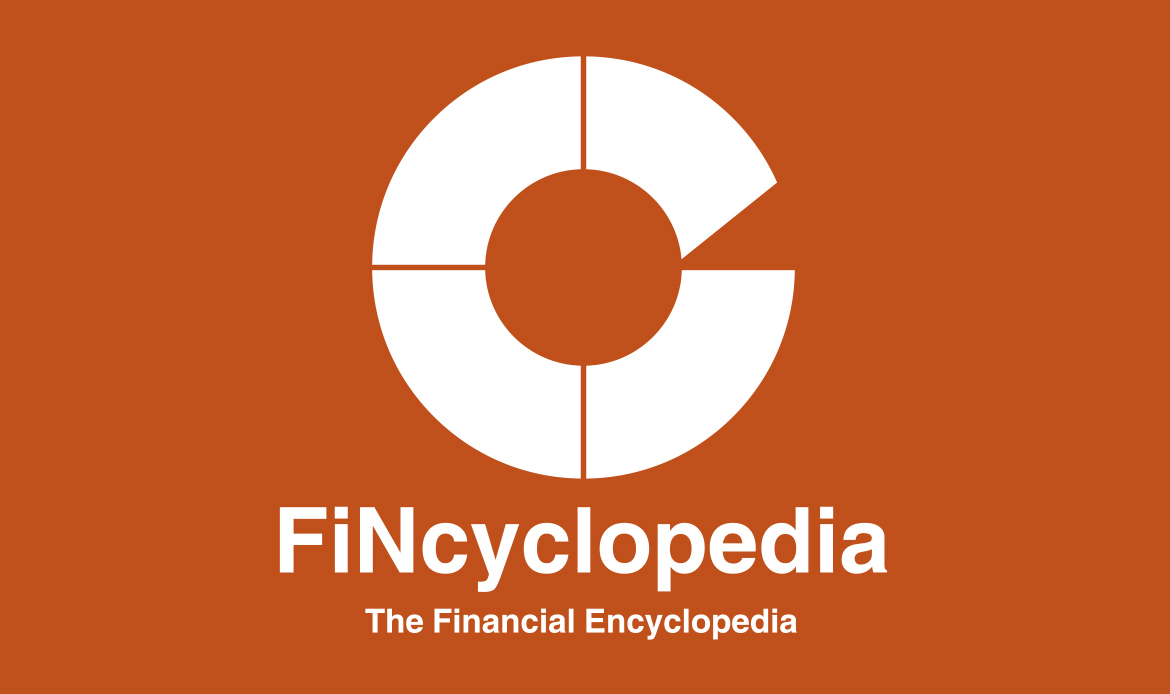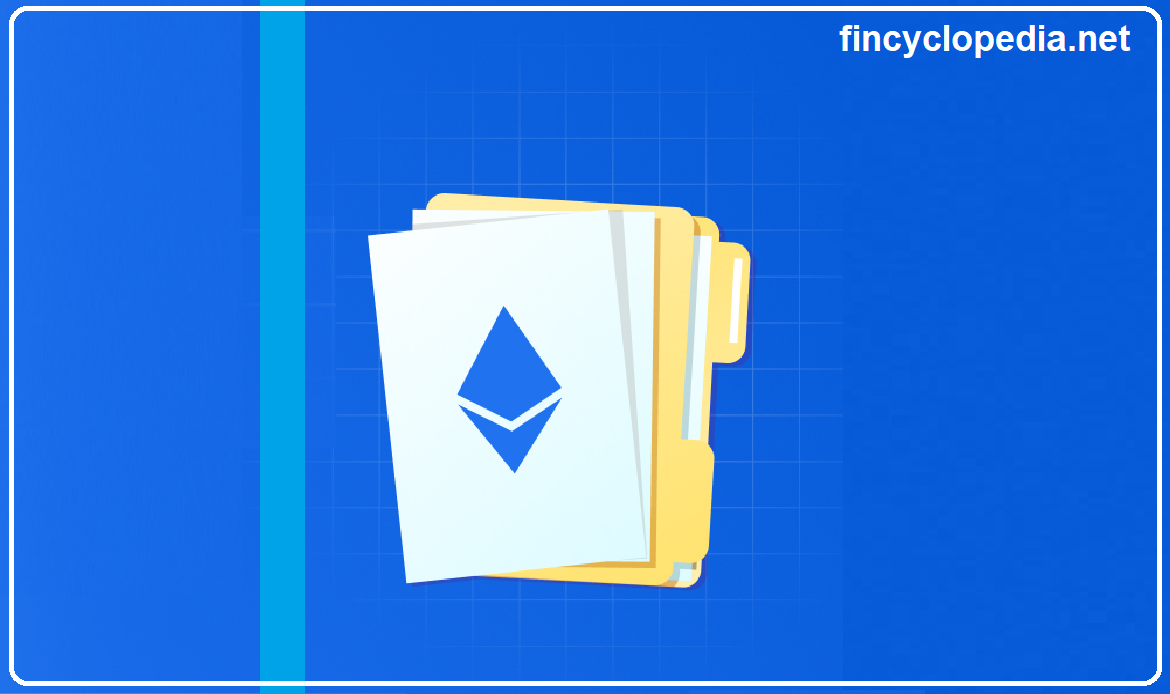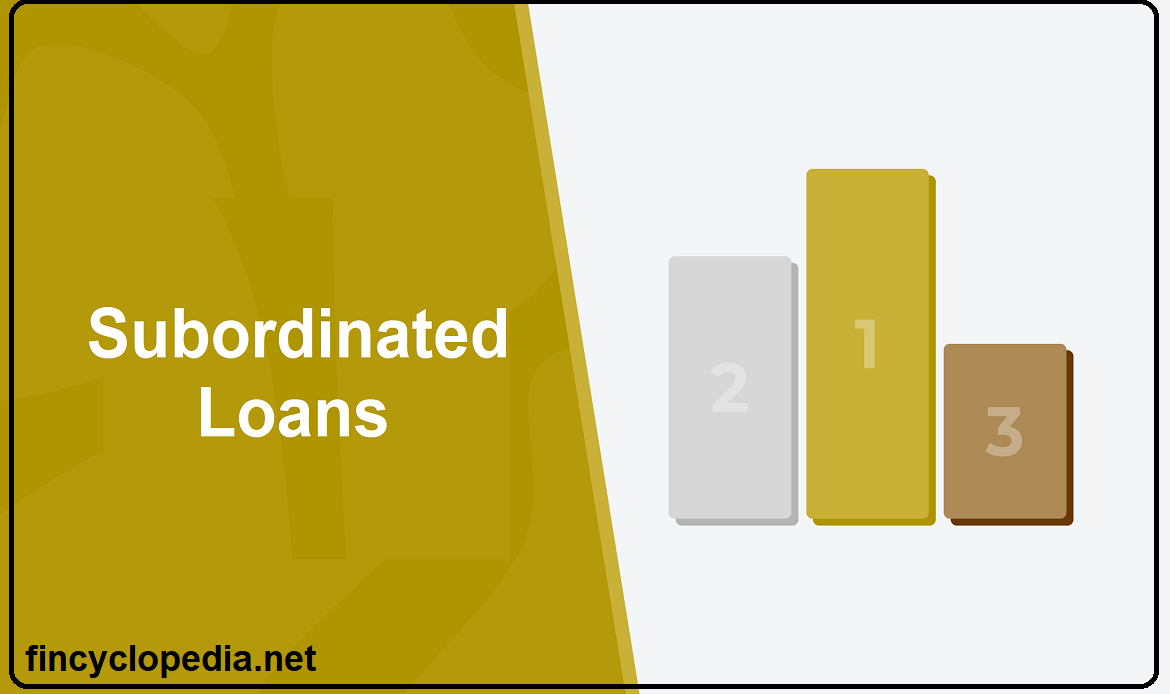An outperformance certificate that features, and whose performance depends on, a spread with an upper and a lower limit set by the issuer. It represents a combination of a short and a long position in two different underlying assets such as a stock and a commodity. The spread certificate gains value when the value of each underlying position follows the desired trajectory and the spread between the two underlying prices (stock/ commodity, stock/ bond, etc.) increases.
If the underlying price lies within the range defined by the upper and lower limits, the certificate matures attaining the spread. In which case, the investor gets the amount entailed under the arrangement in addition to a cash adjustment reflecting the difference between the price and lower limit.
If the price drops below the spread, the holder only gets the defined amount; and if it is above the price, the holder gets a cash adjustment reflecting the amount of the upper limit plus the difference between the upper and lower limit.
Spread certificates are instrumental for investors who expects a sideway movement in the market, that is, neither large price gains nor big losses of the underlying up to the certificate’s maturity date.
Typically, the maturity of the spread certificates varies from 6 months to 12 months.







